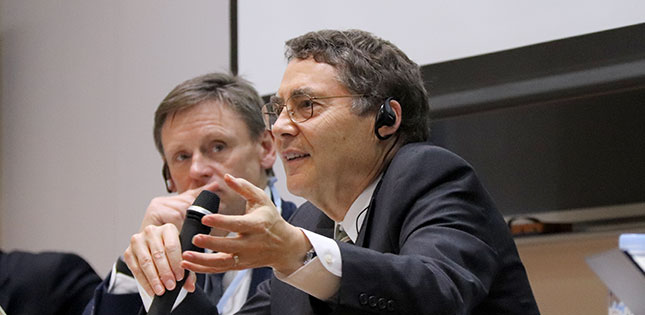An international symposium on STEM (Science, Technology, Engineering and Mathematics) education, was held at Aobayama Commons on March 2, featuring the ideas and expertise of Carl Wieman, winner of the 2001 Nobel Prize in physics.
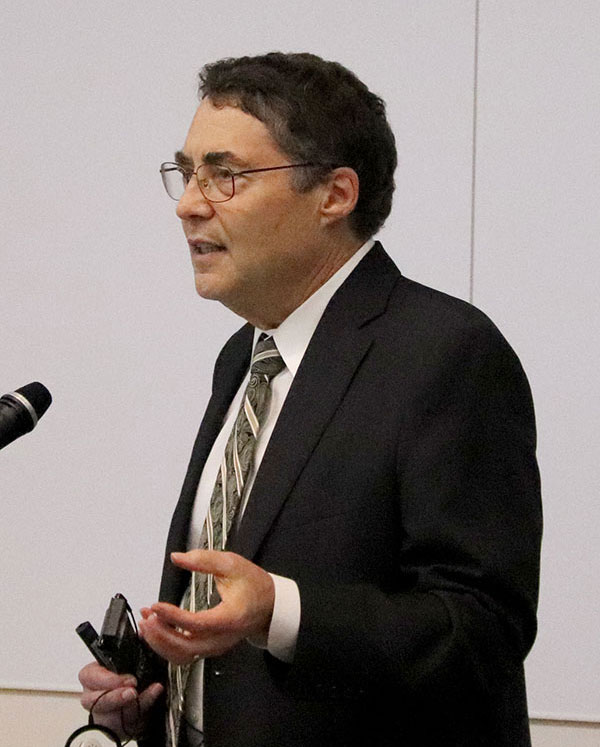
Wieman is a professor at Stanford University, and a well known advocate for active learning. His scientific approach to STEM education has produced multiple books and earned him accolades worldwide.
In his keynote speech, titled "Evidence-based Transformation of Undergraduate Education in Science and Engineering Departments," he said that old, lecture-based methods of teaching has led to too many students thinking that science is a set of facts that need to be memorized rather than understood.
Instead, he proposed an interactive approach to teaching, where students are more intellectually engaged. "Students these days have many distractions so they learn best when they are kept engaged," he said. "So rather than lecturing at them, it is better to discuss ideas and have the students figure out the answers themselves."
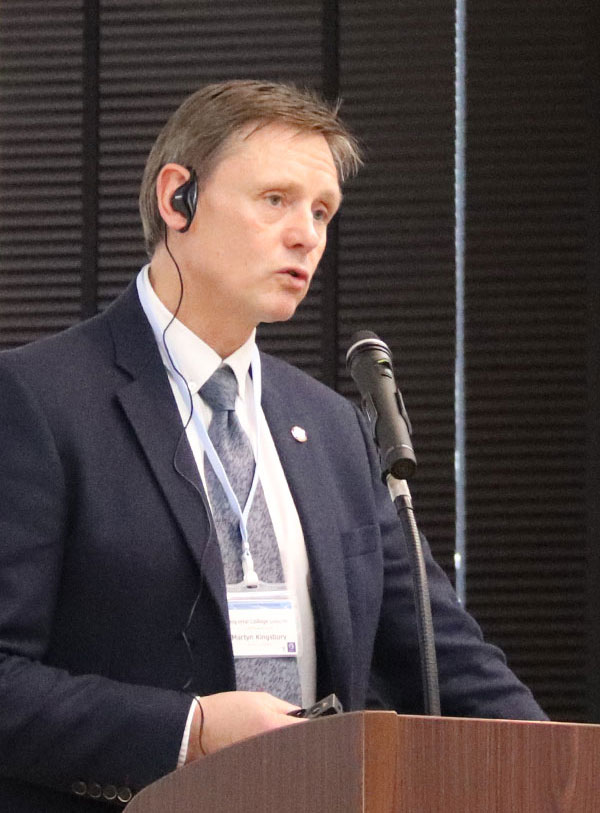
Professor Martyn Kingsbury of Imperial College London, who had spent time as a researcher at Tohoku University, was also a speaker at the event. He shared his experiences disseminating the "Wieman method" and the expected pedagogy transformation at ICL.
"Students get scared when there's no right answer to find, and faculty members worry that if students are given freedom, they would not learn the right things. But in reality, students who are given freedom, learn better," he said. "The freedom to discover is so important in a research university. The power of learning by discovery is more important than learning for exams."
For effective change to happen, he added, it is necessary to do a full review of the curricula and assessment methods, and hire people with the right educational expertise. "In my own institution, we had to work very hard to persuade the controllers of the budgets that investing in education is not just a luxury, but an absolute requirement if we're going to stay a world class institution."

Wieman agreed. "Education is central to what a university is, so investment in education expertise is essential."
The largest barrier to change among faculty is the lack of incentive, he said, as faculty members tended to see any new system as time taken away from research. "The most important step is to develop a better way to evaluate teaching. And that has to happen before you can ever really expect to have large scale institutional change."
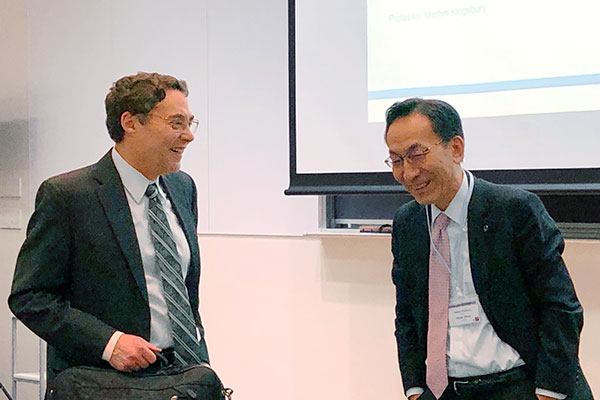
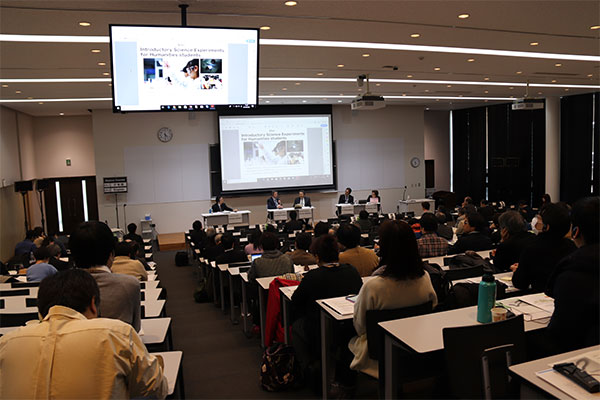
Tohoku University President Hideo Ohno, who has himself spoken publically about his preference for a more interactive method of teaching, was at the symposium. When asked afterwards about the feasibility of implementing active learning at Tohoku University, he said "the evidence is very compelling."
While acknowledging that initial costs - in the form of monetary budget and time - first need to be addressed, President Ohno said he is nonetheless convinced that active learning would be a positive way forward. "I am discussing this new method with a few teams to see what we can do to collect evidence of its effectiveness on our campus, results which we can then use to convince more people to get on board.
"There will be different obstacles because our cultural and education background are different, but I'm sure we all want the same thing - which is to be better teachers and to have the satisfaction of seeing our students understand and enjoy their lessons more."
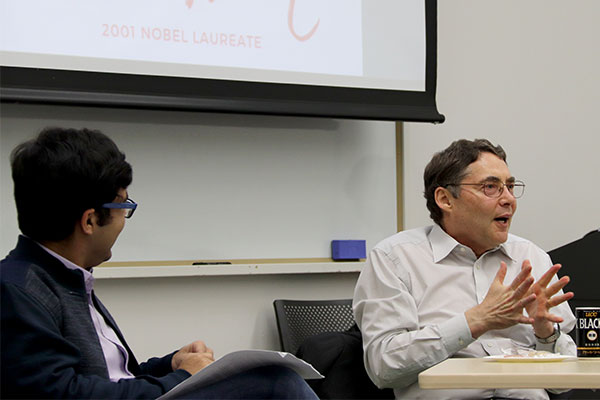
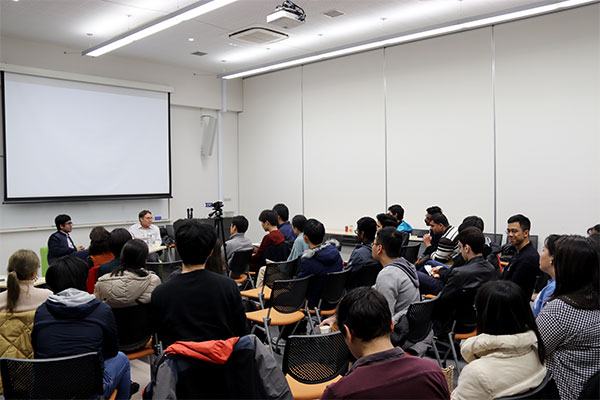
While in Sendai, Wieman also participated in an informal group discussion with Tohoku University students. The two hour event, organised by the Tohoku University STEM Network (TUSTEM), attracted some 40 local and international students, and had a further 300 views on Facebook Live.
Contact:
Tohoku University Institute for Excellence in Higher EducationEmail: cpd_office
 ihe.tohoku.ac.jp
ihe.tohoku.ac.jp
